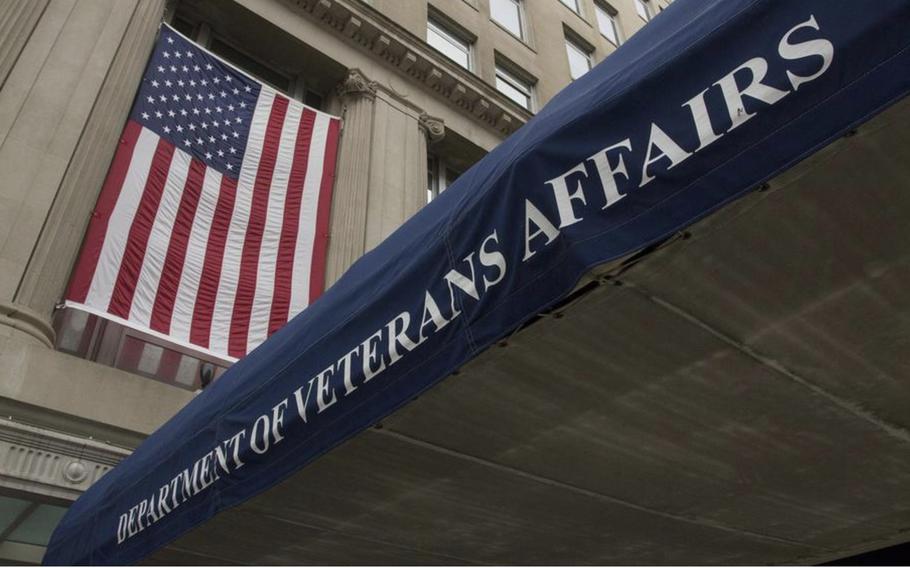
More than one million veterans are now eligible for four years of education assistance under an expansion of GI Bill benefits, the Department of Veterans Affairs announced. (Stars and Stripes)
WASHINGTON — More than 1 million veterans who served through multiple enlistments are now eligible for an additional 12 months of education assistance through their GI Bill benefits, the Department of Veterans Affairs announced Friday.
The VA’s expansion of benefits is the result of a 2024 Supreme Court decision that effectively ended a 36-month cap on education benefits for veterans who had at least two qualifying periods of military service, the VA said.
Veterans are now eligible for a total of 48 months, or four years, of tuition assistance, according to the VA.
To qualify, veterans must have at least two periods of service — one that qualified them for the Montgomery GI Bill and a second that qualified them for the Post-9/11 GI Bill, the VA said.
The VA is launching a campaign to make veterans aware of the expansion. Expiration dates for using the education benefits are being extended for qualifying veterans who submit applications by Oct. 1, 2030.
“This policy will not only help veterans who apply for GI bill benefits in the future — it will also allow VA to provide additional benefits to many veterans who used GI bill benefits in the past,” said Joshua Jacobs, the VA undersecretary for benefits.
The Supreme Court determined in April 2024 that the VA wrongfully denied Army veteran Jim Rudisill certain college benefits for his military service before and after Sept. 11, 2001. Rudisill had served two separate enlistments.
The court ruled service members who qualify for the Montgomery and Post-9/11 GI bills due to multiple enlistments can use the benefits in any order for up to 48 months, or four years. However, the benefits cannot be used simultaneously.
Rudisill’s case was over the rules for administering two GI bills with overlapping service periods, according to the Supreme Court.
The Montgomery GI Bill Act of 1984 covers military service between 1985 and 2030. The Post-9/11 Veterans Educational Assistance Act of 2008 covers service on or after Sept. 11, 2001.
Prior to the court ruling, veterans could not use both programs for benefits. They were required to forgo one to gain access to the other.
“Rudisill earned two separate entitlements to educational benefits, one per the Montgomery GI Bill and the other per the Post-9/11 GI Bill, by serving in the military for nearly eight years over three separate periods,” the court wrote in its decision.
Under the Montgomery GI Bill, veterans who served at least two years and received an honorable discharge can receive up to $2,400 a month in education benefits. The assistance covers college education, vocational training, technical courses and some certification exams.
Under the Post-9/11 GI Bill, veterans and their dependents attending state universities are awarded full tuition plus housing assistance after serving three years after September 2001.
The VA has set up a special webpage with information for veterans seeking education assistance under the expansion. https://benefits.va.gov/GIBILL/rudisill.asp